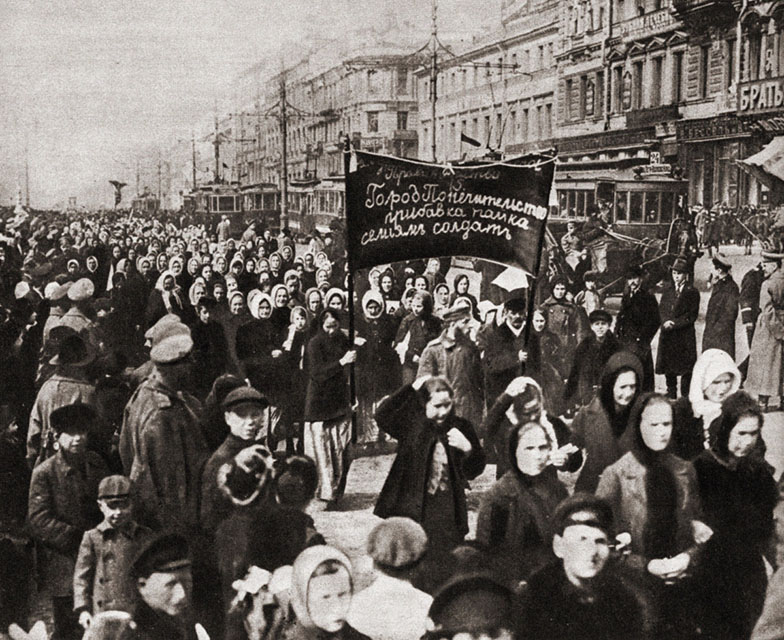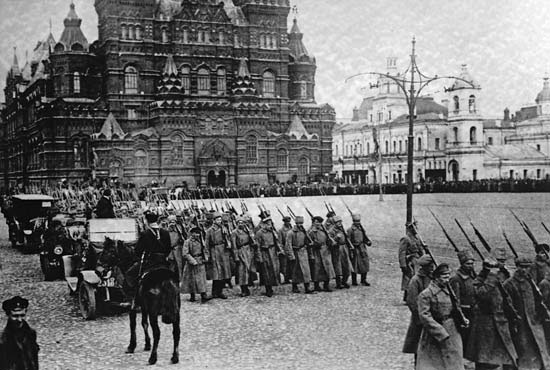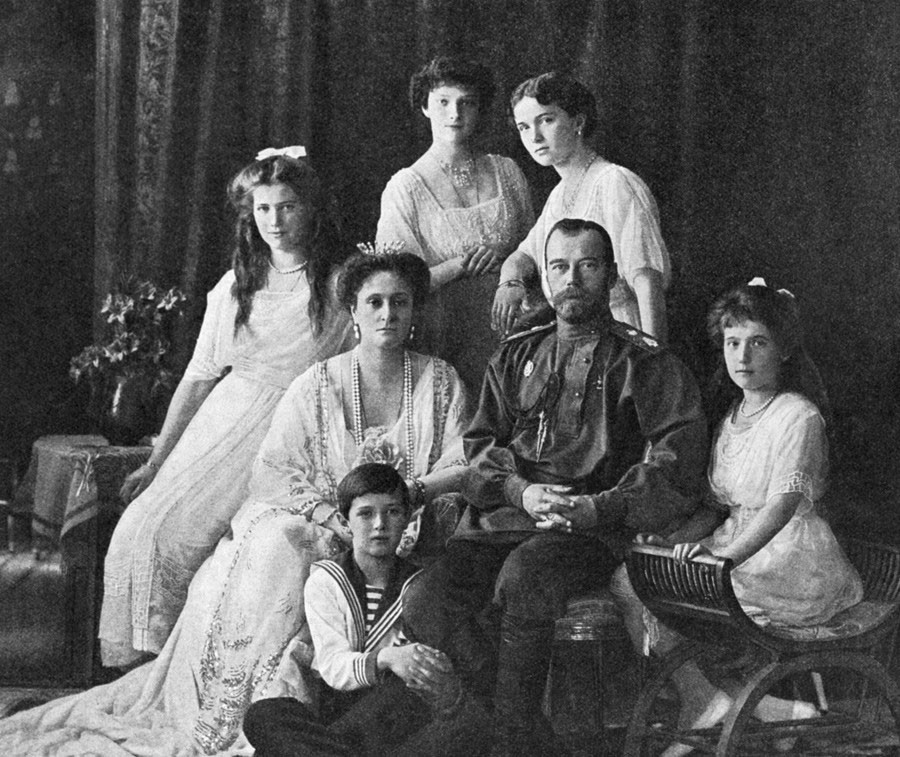CAMARILLO — A CSU Channel Islands (CSUCI) History Lecturer who spent a year teaching in Omsk, Russia, is coordinating a one-day mini-conference on the revolution that launched Communist Russia 100 years ago in October.
The conference will run from 9 a.m. to 4 p.m. Wednesday, Nov. 8 in Malibu Hall on the CSUCI campus. The conference is free and open to the public; no RSVP is necessary.
History Lecturer Michael Powelson, Ph.D., who spent a year teaching at Omsk State University Omsk in western Siberia, says there are lessons from the 1917 Bolshevik Revolution that are relevant today.
“What it showed is the working laboring classes of any country have tremendous power, they just don’t use it,” Powelson said.
San Francisco State University History Professor Anthony D’Agostino, Ph.D., author of “Gorbachev’s Revolution,” 1998, NYU Press, and “The Russian Revolution, 1917-1945,” Praeger, 2010, will be the keynote speaker.
 In “The Russian Revolution,” D’Agostino gives a global perspective on the impact of the Russian Revolution, stressing the historical role of Soviet Communism in the modernization of the country, the defeat of Nazism and the rise of American power and world leadership.
In “The Russian Revolution,” D’Agostino gives a global perspective on the impact of the Russian Revolution, stressing the historical role of Soviet Communism in the modernization of the country, the defeat of Nazism and the rise of American power and world leadership.
The Bolshevik Revolution, Powelson said, was a catalyst to the end of World War I, in which Russia’s catastrophic losses disproportionately affected the working class, who then rose up against Tsar Nicholas II and his rule.
“The German working class followed the Russian example and said ‘We don’t want this war either,’” Powelson said. “War only benefits a certain class of people. War is not beneficial to the working class people they send.”
The citizens saw Tsar Nicholas II as having led his country into a costly war they were ill-equipped to win. After Bolshevik leaders Vladimir Lenin and Leon Trotsky seized power, the Russian Imperial Romanov family was executed in their basement in July of 1918.
 A mixture of faculty and students will provide eight presentations about different aspects of the Russian Revolution during one morning session and two afternoon sessions.
A mixture of faculty and students will provide eight presentations about different aspects of the Russian Revolution during one morning session and two afternoon sessions.
Limited parking is available on campus with the purchase of a $6 daily permit; follow signs to the parking permit dispensers. Free parking is available at the Camarillo Metrolink Station/Lewis Road with bus service to and from the campus. Riders should board the CSUCI Vista Bus to the campus; the cash-only fare is $1.25 each way. Buses arrive and depart from the Camarillo Metrolink Station every 30 minutes from 7 a.m. to 10 p.m. Monday through Friday. For exact times, check the schedule at www.goventura.org.
About California State University Channel Islands: CSU Channel Islands (CSUCI) is the only four-year, public university in Ventura County and is known for its interdisciplinary, multicultural and international perspectives, and its emphasis on experiential and service learning. CSUCI’s strong academic programs focus on business, sciences, liberal studies, teaching credentials, and innovative master’s degrees. Students benefit from individual attention, up-to-date technology, and classroom instruction augmented by outstanding faculty research. CSUCI has been designated by the U.S. Department of Education as a Hispanic-Serving Institution and is committed to serving students of all backgrounds from the region and beyond. Connect with and learn more by visiting CSUCI’s Social Media.

